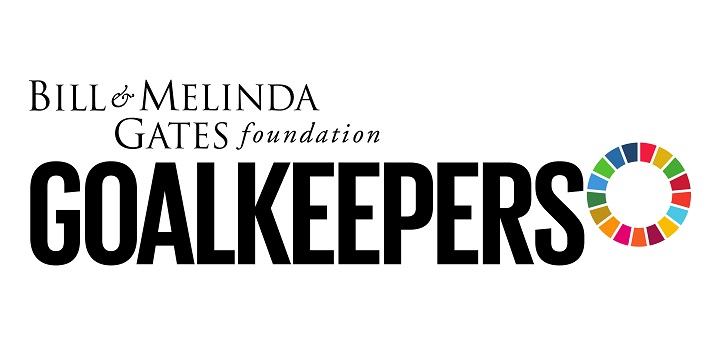The federal government has launched the National Livestock Master Plan (N-LMP), a five-year roadmap aimed at transforming Nigeria’s livestock sector, strengthening smallholder productivity, and attracting large-scale private sector investment.
Unveiled in Abuja on Thursday, the plan was developed under the Livestock Productivity and Resilience Support Project (L-PRES) in collaboration with the International Livestock Research Institute (ILRI), Nairobi, Kenya, and the Bill and Melinda Gates Foundation.
Presenting the plan to the Minister of Livestock Development, Idi Maiha, national project coordinator of L-PRES, Sanusi Abubakar, said it outlines clear investment pathways across the value chain from animal feed and breeding to disease control, processing, and market access.
Maiha explained that livestock contributes 17 per cent to agricultural GDP and about 5 per cent to national GDP, yet faces longstanding challenges such as low productivity, disease outbreaks, inadequate infrastructure, and limited access to markets.
“The N-LMP is a comprehensive investment plan designed to address these challenges and guide the development of a sustainable livestock sector,” the minister said.
He added that the initiative prioritizes poverty alleviation, food security, nutrition, job creation, youth employment, gender inclusion, and environmental sustainability.
According to him, Nigeria drew lessons from Tanzania, which in 2018 adopted a similar plan with ILRI’s support, attracting $624 million in research investment and stimulating private sector growth.
“With this plan, Nigeria is positioning its livestock sector to be not just sustainable, but thriving, innovative, and a driver of national prosperity,” Maiha stated.
The plan is designed to mobilize funding from federal and state governments, development partners, and private investors. Officials noted that private agribusinesses, cooperatives, and smallholder farmers will play a critical role in its implementation, particularly in scaling productivity and modernizing value chains.
ILRI’s Sirak Batha explained that the N-LMP starts with a detailed review of the livestock sector and its challenges before setting out a medium-term strategy that looks ahead to future opportunities and risks. It also provides a short-term investment plan focused on priority value chains such as dairy, poultry, and beef, while bringing together government, private investors, and farmer groups in a coalition to jointly drive reforms.
Abubakar stressed that the plan “recognizes the private sector as a key player in unlocking the industry’s potential for food security, job creation, and poverty reduction.”
By focusing on smallholder empowerment alongside private sector participation, the N-LMP aims to position Nigeria’s livestock industry as a catalyst for both rural livelihoods and broader economic growth.










